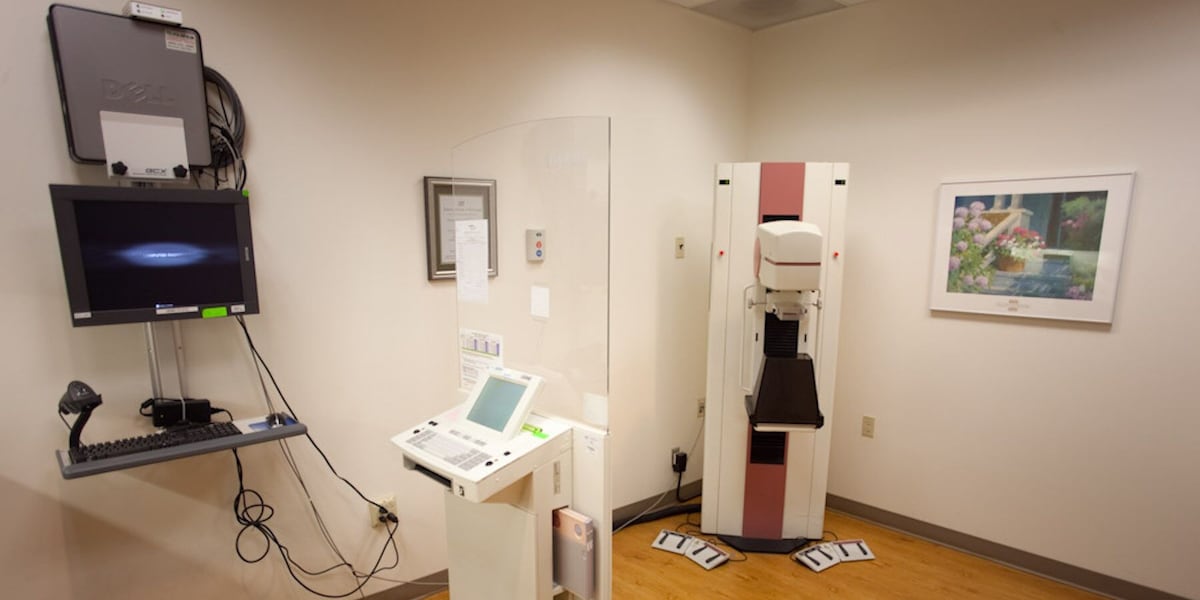
MADISON, Wis. (WMTV) – UW Health is participating in a trial to test how artificial intelligence can help radiologists detect breast cancer earlier and more accurately.
The PRISM Trial (Pragmatic Randomized Trial of Artificial Intelligence for Screening Mammography) hopes to test how AI can help radiologists when looking at mammograms.
PRISM is the first randomized controlled trial for AI mammography in the United States, according to Dr. Christoph Lee, a professor and vice chair of research for the Department of Radiology at the UW School of Medicine Public Health.
The first phase will take place over the next two years, with around 50,000 women in Wisconsin taking part in the trial as they complete their regular screenings.
Randomly, half of the patients will have an FDA-approved AI tool assist a radiologist in analyzing the data, while the other half will go through routine screening without the AI tool.
“We just don’t know enough about that human-AI interaction and how that will change the human perception and assessment. And this trial is going to help answer that question,” explained Dr. Lee.
After the first two years, they hope to have 400,000 women enrolled in the trial throughout the country. Lee says they will then be able to look into the algorithm and compare whether or not the AI tool helps the general population.
UW Health is one of seven sites across the country taking part in the trial.
Through the randomized patients, they can determine whether the tools lead to more cancers being diagnosed.
“So a lot of the evidence that’s available right now for artificial intelligence and improved accuracy and mammography are retrospective, meaning that we’ve applied the AI to past exams and seen theoretically that they may improve diagnostic accuracy,” explained Lee.
Lee says interest in artificial intelligence has been growing for several years, but even though the technology is FDA cleared, there are still questions about how it works.
He says screening mammography is the best tool they have right now, but there are still issues and missed cases.
“But even with expert interpreters and improved technologies, we still miss about one in eight breast cancers. These are because these cancers could be very small, maybe imperceptible to the human eye, or hidden behind dense breast tissue,” said Lee. “So these deep learning algorithms that could see texture features and possibly different patterns in the images that humans can’t, could lead to earlier cancer detection.”
He says the trial focuses on outcomes that matter most to patients, making sure that a human is always checking the data and making the final diagnostic decision.
“So our trial is specifically focused on looking at outcomes that matter most to women, and those are the earlier cancer detection that will lead to saving lives, and also making sure that we don’t increase the false positive rate to cause undue anxiety and unnecessary harm,” Lee said.
The goal is to catch cancer earlier and potentially save lives.
“So if we can improve that technology and improve the accuracy of that tool, then we’ll be able to detect cancer at a stage where it can be cured. And that is the ultimate goal,” Lee said.
Click here to download the WMTV15 news app or our WMTV15 First Alert weather app.
Copyright 2025 WMTV. All rights reserved.
Source link

